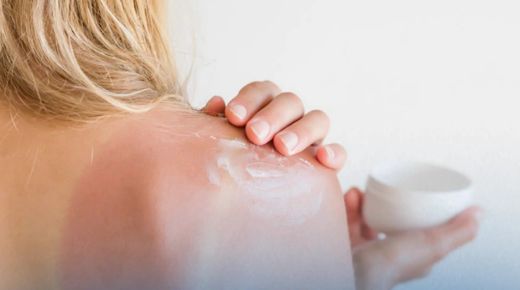
Sunburn can be painful and harmful. Dermatologists play a key role in its treatment and care. They help speed healing and prevent further damage. With their expertise, they assess the severity and recommend treatments. This might include creams, lotions, or medications. In some cases, they might suggest specialists like Plastic Surgery Florida for more severe damage. Understanding their role can ensure better skin health and recovery.
Understanding Sunburn
Sunburn occurs when the skin absorbs too much ultraviolet (UV) light from the sun. This causes inflammation and damage to the skin’s outer layer. Symptoms include redness, pain, and sometimes peeling. In severe cases, blisters may form.
Initial Assessment
Dermatologists begin by assessing the sunburn’s severity. Mild cases may only need basic care, while severe cases could require more intensive treatments. The assessment helps in choosing the right treatment path for each individual.
Treatment Options
Dermatologists offer several treatments for sunburn:
- Topical Creams: These soothe the skin and reduce inflammation.
- Oral Medications: Pain relievers like ibuprofen can help manage discomfort.
- Moisturizers: They aid in preventing dryness and peeling.
In some cases, dermatologists may recommend a combination of these treatments for better results.
Advanced Care for Severe Cases
For severe sunburns, more intensive treatments might be needed. This can include prescription medications or even referral to a specialist. For example, National Cancer Institute provides resources on skin damage and preventive measures.
Prevention Tips
Preventing sunburn is always better than treating it. Dermatologists advise three main steps:
- Use Sunscreen: Apply a broad-spectrum sunscreen with at least SPF 30.
- Seek Shade: Avoid direct sunlight during peak hours between 10 a.m. and 4 p.m.
- Wear Protective Clothing: Hats and sunglasses can shield the skin effectively.
Aftercare Practices
After sunburn treatment, dermatologists may suggest ongoing care practices:
- Hydration: Drink plenty of water to help the skin recover.
- Gentle Cleansing: Use mild soap and lukewarm water to clean the skin.
- Moisturizing: Regular application of moisturizer can aid in skin repair.
Comparing Treatment Options
| Treatment Type | Application | Effectiveness |
| Topical Creams | Applied directly to affected areas | High for reducing inflammation |
| Oral Medications | Taken by mouth | Effective for pain relief |
| Moisturizers | Applied to skin | Good for preventing peeling |
The Role of Dermatologists in Education
Dermatologists do more than treat sunburn. They educate about skin health and protection. Resources like those from the Centers for Disease Control and Prevention offer guidance on skin cancer prevention and sun safety. Dermatologists ensure patients understand how to protect their skin in the future.
Conclusion
Dermatologists are vital in treating sunburn and guiding aftercare. Their expertise ensures that patients receive the best treatment. With the right care, sunburn damage can be minimized, and future burns can be prevented. Following their advice leads to healthier skin and reduces the risk of long-term damage.
